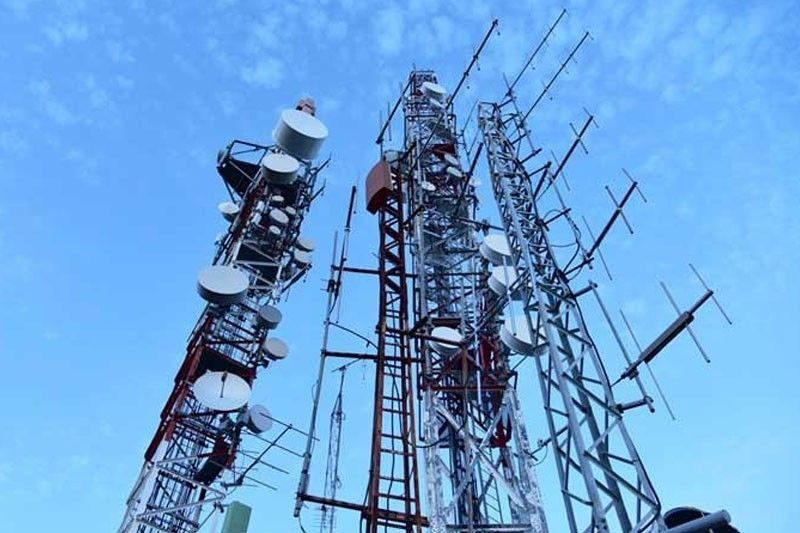SC backs order allowing any public telco in BGC

THE Supreme Court (SC) has affirmed the legality of a 2002 National Telecommunication Commission (NTC) order that allowed any enfranchised public telecommunications provider to install high-speed landline and internet connectivity within Bonifacio Global City (BGC).
In a 28-page ruling made public on May 31, the tribunal denied the petition of Bonifacio Communications Corp. (BCC) and its parent company PLDT Inc. seeking damages after another telecommunications firm removed one of its conduit units in buildings located in BGC without permission.
The High Court said the NTC had primary jurisdiction to hear disputes between the telecom companies.
“If certain facilities are necessary for the operation of a public utility, it stands to reason that the same becomes part and parcel of telecommunication services,” according to the ruling penned by SC Associate Justice Ramon Paul L. Hernando.
The Bases Conversion and Development Authority (BCDA), BCC, Fort Bonifacio Development Corp. (FBDC), and Smart Communications, Inc. inked a deal in 1997 that gave BCC the “exclusive right to install, construct and maintain communication infrastructure” within BGC.
In 2002, the NTC issued a memorandum circular declaring BGC as a free zone where any duly enfranchised public telecommunications entity can install and provide high-speed networks and connectivity within the area.
In that year, PLDT owned 75% of the total shares of Smart and FBDC.
Five years later, Innove Communications, Inc. was commissioned to provide landline, data, and internet connectivity to Net 1, 2 and 3 buildings in BGC. In the process of installing the equipment, its contractor, Avecs Corp., disconnected a BCC conduit and replaced it with an Innove conduit without seeking permission from the firm.
Innove and its parent company Globe Telecom, Inc. asked the NTC to clarify their right to install and operate telecommunications infrastructure within BGC.
The NTC then asked the Department of Justice to issue a legal opinion on the matter, but the agency declined to render one as it could not do so “without passing upon the contracts concerned as it involves the substantive rights of private parties.”
The incident prompted a demand letter from BCC and PLDT, and eventually civil lawsuits against Innove that sought damages for the “contractual interference.”
A Quezon City trial court dismissed the petitions, holding that the NTC had primary jurisdiction to hear the dispute.
The appellate court affirmed the ruling as it said the NTC had the authority to issue cease-and-desist orders to enforce compliance with the 2002 order.
“In summary, it is apparent that NTC may exercise jurisdiction over BCC insofar as BCC’s activities affect the enforcement of authorities granted to duly authorized public telecommunications entity and violate the rules and regulations of the Commission,” the High Court said. — John Victor D. Ordoñez



